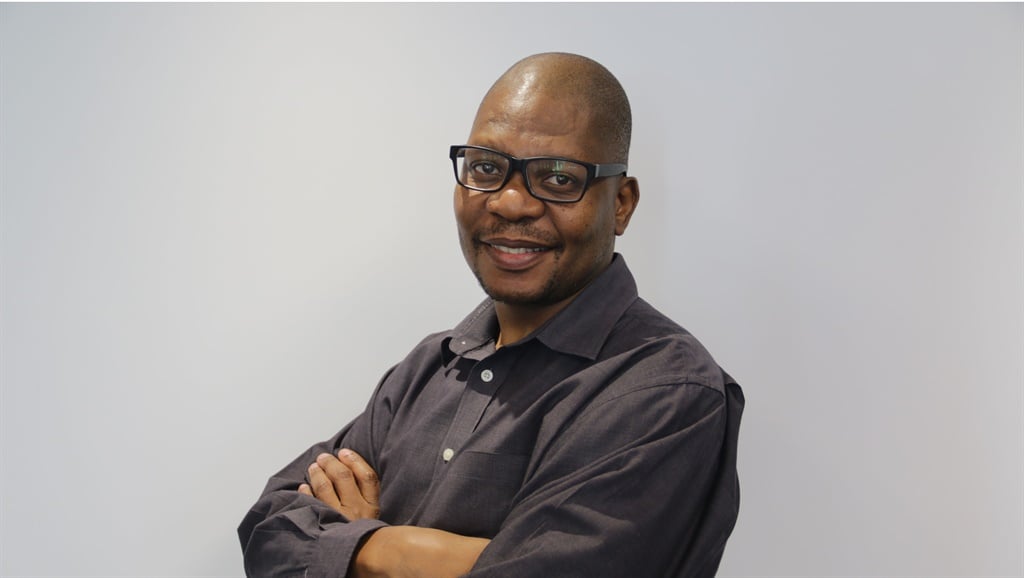
One of the biggest questions as President Cyril Ramaphosa was putting his final touches to his Cabinet was whether he would retain Finance Minister Tito Mboweni.
The retention of Mboweni would send a message to the markets that the song of fiscal soundness Ramaphosa has been humming since becoming head of state would not go off chord.
The return of Nhlanhla Nene in February last year ended a turbulent 10 years in which the head of state had been at the head of a frontal assault on the Treasury.
Nene was a trusted pair of hands and he and the president would be on the same page.
Mboweni’s arrival in October, following Nene’s unfortunate forced exit, ensured there was no disruption in the changeover.
Mboweni immediately turned on the charm. He earned plaudits for a smooth delivery of the medium-term budget, in which he interspersed some rather bitter news with soothing humour.
His utterances on public platforms have been typical Mboweni – forthright and witty. The markets and the investment community have warmed to him.
He has made enemies, too, not least within his own party.
Never one to shy away from speaking his mind, this member of the ANC’s national executive committee has made pronouncements that flew counter to his party’s conference resolutions.
Though he made sense, these comments did not go down well in a party where a show of hands often trumps logic.
Some of his comrades and formations in the ANC-led tripartite alliance now openly scorn him.
They have deemed him an ideological enemy, a relic of the Thabo Mbeki years and of the Growth Employment and Redistribution strategy that the left so hated.
Cosatu even called for the ANC “to act to arrest this political delinquency”.
Over the next few months and years, Mboweni will become the target of bitter attacks. This is why, as much as his fun side is appreciated, he needs to grow up and start taking his job seriously.
The thing is, when Mboweni was outside of government, he missed the taste of state power. Not the money – just the importance that came with it.
Now that he is in government, he misses the freedom that came with being a private citizen.
He misses the time when he could say what he wanted to say without any consequences. He yearns for the time when he could determine where he worked and for how long.
It is common cause in government that Mboweni finds being in the Treasury engine room in Tshwane burdensome and tries to stay away from there as much as he can.
In an enjoyable article in the Financial Times in April, the publication’s Africa editor David Pilling describes “an eight-hour encounter over a hearty breakfast, a magnificent lunch and copious quantities of alcohol”, during which he interviewed Mboweni about his life, his work and his views on the republic.
Don’t get this lowly newspaperman wrong – he will be the first to confess that he is envious that he was not at “this long table laden with multiple grilled meats” and everything else that went with it.
The issue here is that, only eight months into one of South Africa’s most demanding assignments, Mboweni doesn’t seem to be treating it with the seriousness it deserves.
As Pilling writes: “In defiance of his aides, he spends as little time as possible in the department in Pretoria, studying his briefs in his Limpopo hideaway and conducting meetings via a newly installed teleconferencing facility.”
In this age of connectivity, one might say that people can work from wherever they like and still be effective.
Mboweni has probably convinced himself of this. But he is the head of an institution that is the epicentre of governance and that is supposed to be the cockpit of our economic recovery.
He is the leader of a team that has been bashed and battered over the past decade.
The committed public servants at Treasury have managed to resist the demolition of the institution largely due to their own resilience, as well as the strong leadership of successive ministers and senior directors who stood firm.
Under Mboweni, their lament is absent leadership by their captain and a seeming lack of interest in the day-to-day functioning of an institution.
Instead of having a leader who is attentive to his mandate, Treasury officials have to observe him clowning about on social media, competing with Somizi Mhlongo and Zodwa Wabantu for attention.
How he conducts himself in public, in this case on social media, is critical.
What Mboweni says on Twitter as a senior leader in government is as important as what he says on a podium or in an interview.
He knows this, but his addiction to attention gets the better of him.
As the new team begins its term and charts the difficult path to economic recovery, there are three government leaders whose words and actions will set the tone for confidence in government’s efforts: Ramaphosa, Mboweni, and Trade and Industry Minister Ebrahim Patel.
Mboweni can tweet, cook and have as much fun as he likes, but he must always be cognisant of the fact that he is the minister of finance in a country whose economy requires as much attention and injection of confidence as possible.
Charm alone will be sustainable only for so long.
| |||||||||||||
| |||||||||||||




 Publications
Publications
 Partners
Partners








